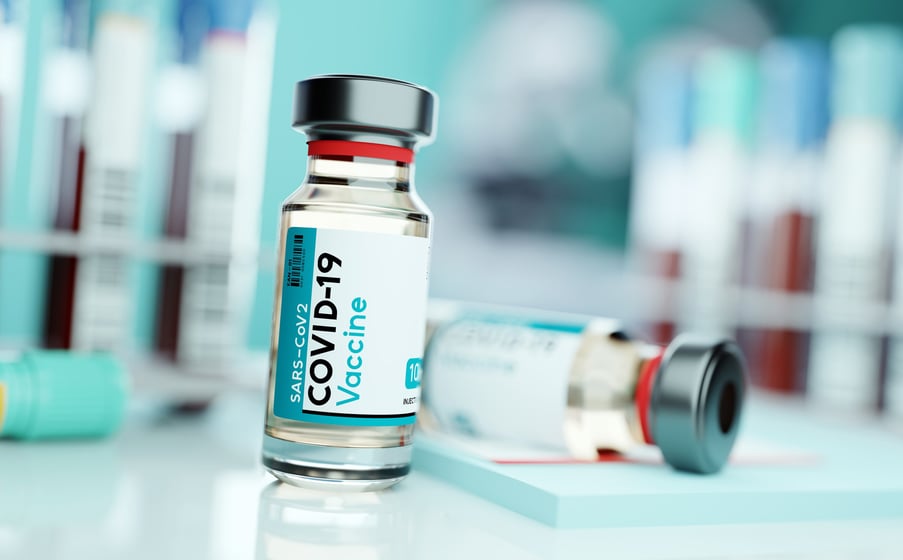Is Covid 'herd immunity' still attainable?

Over half of the U.S. population is vaccinated against COVID and since the start of the pandemic many others have contracted the virus.
So does that mean we are closer to what we've hoped for since the beginning.... herd immunity?
Herd immunity occurs when enough people become immune to a disease so it can't spread. At that point everyone is protected, even those who are not themselves immune. It's usually achieved through vaccination and also through natural infection.
Now, because of the variants, the percentage of those who need to immune to get to herd has gone way up.
"At the very beginning of the pandemic, around 67-70% but when we started having these variants, especially ones with much higher level of infectivity or infectiousness, such as Delta, for example, this level went up," Dr. Kamran Kadkhoda, Medical Director of Immunopathology Lab, Cleveland Clinic.
So more and more scientists believe herd immunity may be unattainable.
The truth is more people need to be vaccinated, including those who already had the virus.
"This is a fairly resistant virus. What that means is as it's been time since you've been infected or vaccinated your antibodies go steadily downward. So Omicron is definitely going to hit people when it's been a while since they've had their last vaccine or been a while since they caught covid," said Dr. Benjamin Neuman, Head of Biology at Texas A&M-Texarkana.
"This is why, for example, we get a tetanus shot every ten years. The immunity and protection wanes over time," said Dr. Sheldon Jacobson, University of Illinois-Urbana-Champaign.
The experts say while the vaccination is not a 100% foolproof, it is the best way that you can make sure you stay out of the hospital and off of a ventilator.
The future of getting away from this pandemic depends on potential covid mutations, vaccines that target those mutations and medicines stop the progression of the virus.




